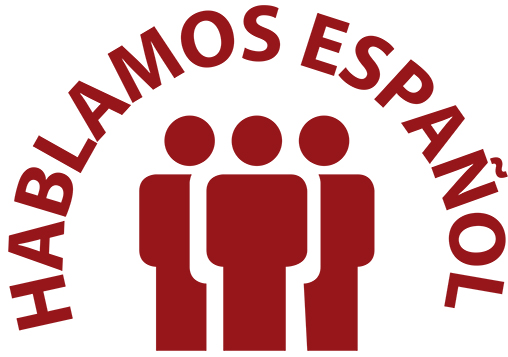By Mark A. Lema, MHR, SPHR, SHRM-SCP., for LAHHR.com
As an HR colleague, I’ve felt the same unease many of you might be experiencing about Artificial Intelligence (AI) creeping into our field. The fear that AI could replace us is real—after all, we’ve spent years honing our craft, managing everything from payroll to employee morale. But let me share a perspective that’s shifted my thinking: AI isn’t here to take our jobs; it’s here to take over the repetitive chores that bog us down, freeing us to do what we love most—connecting with people and shaping workplace culture. As AI transforms our day-to-day, it’s also pushing us to evolve, demanding new skills like data analysis and strategic leadership. Let’s dive into how AI is reshaping our work and how we can adapt to thrive.

Payroll: I used to dread payroll errors, but tools like Gusto and ADP Workforce Now have changed the game. Their AI automates calculations, tax deductions, and compliance checks. Gusto’s AI, for example, catches time-entry mistakes instantly, saving me hours of double-checking. It’s a relief to focus on strategy instead of spreadsheets.
Employee Relations: Building a positive workplace is my passion, and AI tools like Leena AI help by analyzing employee sentiment from surveys. It’s like having a pulse on team dynamics, spotting potential issues before they escalate. Leena’s suggestions for interventions have helped me foster a stronger, more cohesive culture.
Recruiting: Sourcing talent used to eat up my days. Now, AI-powered systems like LinkedIn Recruiter and Greenhouse handle resume screening and candidate matching. Mya Systems’ chatbot schedules interviews and answers candidate questions, cutting my admin time by half. This lets me focus on building relationships with top talent.
Onboarding: Welcoming new hires is so much smoother with platforms like Enboarder. Its AI automates paperwork and tailors onboarding paths to each role, ensuring compliance while keeping things personal. I can now spend more time making new hires feel at home.
Training: I love seeing employees grow, and AI tools like Docebo make it easier by personalizing training. Docebo’s AI recommends courses based on skill gaps, helping me support team development without endless manual planning.
Performance Management: Tools like Lattice and 15Five use AI to gather real-time feedback and insights. Lattice’s analysis of goals and trends helps me coach managers effectively, aligning performance with our company’s vision without drowning in reports.
Leave of Absence (LOA) Management: Managing LOA requests used to be a headache, but AbsenceSoft’s AI automates tracking and ensures FMLA compliance. It flags risks, giving me peace of mind and more time for employee support.
Safety and Wellness: Virgin Pulse’s AI tracks wellness metrics and suggests programs like stress management workshops. It’s helped me create a healthier workplace, which feels so rewarding.
Terminations: Offboarding is never easy, but SAP SuccessFactors’ AI streamlines documentation and compliance checks, ensuring a smooth process. It frees me to handle these moments with care and empathy.
Investigations: Convercent’s AI prioritizes misconduct reports, making investigations more efficient. It categorizes complaints, so I can focus on resolving issues fairly.
Form and Policy Creation: Writing inclusive policies is simpler with Textio’s AI, which flags bias and suggests clearer language. It ensures our policies align with regulations while reflecting our values.
State and Federal Compliance: ComplianceHR’s AI audits policies and tracks regulatory changes, like OSHA updates, reducing my stress over legal risks.
Employee Access to Policies and Timekeeping: ServiceNow’s AI-powered portals let employees access policies and manage timekeeping themselves. It’s cut down on repetitive questions, giving me more time for strategic work.
Disciplinary and Coaching Employees: BetterUp’s AI recommends tailored coaching plans based on performance data, helping me guide employees through growth or disciplinary moments with confidence.
Complaint and Grievance Management: WorkTango’s AI organizes grievances and spots patterns, allowing me to address systemic issues proactively.
Customer Service Access: Zendesk’s AI routes employee queries to the right resources, improving response times and making support feel seamless.
Chatbots for Employee Support: AI multilingual chatbots like Talla have been a game-changer. They handle routine questions about benefits or policies 24/7, cutting my workload by about 30%. Talla escalates complex issues to me, ensuring employees get the support they need while I focus on bigger goals.
Fellow HR pros, AI is our ally, not our enemy. It’s taking over the mundane so we can focus on what truly matters—building thriving, inclusive workplaces. Let’s embrace this change, upskill in AI tools and data analysis, and step into our roles as strategic leaders. Together, we’ll shape the future of HR.

